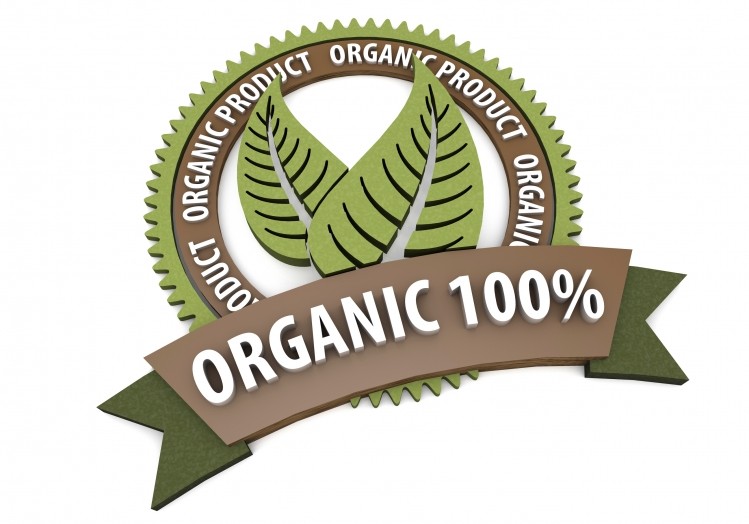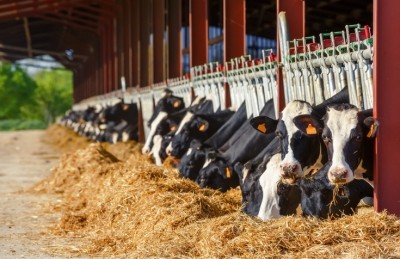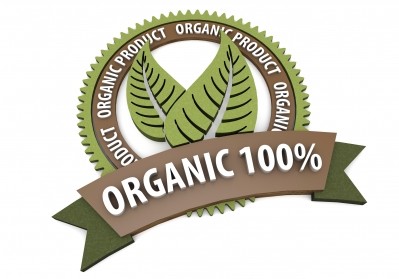US organic advocacy group weighs in on regulatory updates as USDA seeks tougher regulations

The National Organic Program (NOP) and the US Agricultural Marketing Service (AMS) announced earlier this month that some shipments of imported feed grains corn and soy were fraudulently labeled as organic.
To prevent fraudulent shipments in the future, the NOP and AMS have already made some changes to the import process, the AMS said.
Additional steps are being considered to “strength the global organic control system,” said AMS. The agency also is asking the National Organic Standards Board (NOSB) to weigh in on potential oversight and control procedures.
“AMS is exploring additional measures that could be developed to strengthen the global organic control system,” it said. “AMS is requesting that the National Organic Standards Board (NOSB) provide recommendations on improving the oversight and control procedures that are used by AMS, certifiers, and operations to verify organic claims for imported organic products.”
However, they are not the only organization with suggestions on how to toughen regulations; the organic industry watchdog organization Cornucopia Institute recently submitted a formal petition with suggestions to improve import scrutiny.
“We’re pleased to see that the NOP requested the NOSB make recommendations,” Anne Ross, farm policy analyst with the institute, told FeedNavigator. “Some of them were specifically included in our petition – we think that’s been an effective way to get more attention on this issue.”
“Ultimately what we’re trying to do is get the USDA to adopt more stringent regulations that will protect the integrity of the grains produced here,” she added.
Steps taken and suggested
Currently certifiers accredited by the US Department of Agriculture (USDA) establish integrity for organic grain imports, said the AMS.
The time period for publically listing enforcement actions taken has already been shortened, said the agency. It also has asked certifiers in Turkey and Eastern Europe to complete unannounced inspections and audit trail verifications.
Additionally, certifiers have expanded sampling and testing processes from shipments of organic corn destined for the US to include corn, soy, wheat, flax, sunflower meal and edible dry beans, the agency said.
Training has been increased for certifiers and handlers, the agency said. “The goal of this training is to educate participants about how to apply the USDA organic regulations in these settings,” it added.
The agency also is working with the USDA’s Animal and Plant Health Inspection Service (APHIS) Plant Protection and Quarantine program and US Customs and Boarder Protection to improve oversight of organic products at ports of entry, said AMS. The project seeks to develop controls to stop fumigated products being sold in the organic market.
Industry response
The Cornucopia Institute has been tracking the potential of grains incorrectly labeled as organic being imported for several years, it reported.
“Our domestic organic grain producers saw the prices they were getting for their grains falling and it had long been suspected that some of the cheaper imports were not held to the same standards,” said Ross. “Then it was confirmed in the three large shipments that came in.”
In addition to the suggestions put forward by the NOP, the institute has several areas where it would like to see more attention paid, she said. These include certifying all groups involved in the import process.
“There have been entities that have not been required to be certified under the current rules, like brokers or traders, and if they take ownership or drive movements of organic grains then they should be reviewed as well,” she said.
Other areas for increased scrutiny would be to require that all shipments from high-risk areas be audited back to the originating farm, she said. Currently audits of that nature are done on a discretionary basis.
“We need to formalize this so it’s done across the board, and not just at the discretion of certifiers,” Ross added.
Importing mislabeled or fraudulently labeled feed grains raises concerns about the integrity of the organic label, she said. “We think if changes aren’t made then consumer confidence could be compromised,” she added.
That lack of confidence also could harm domestic producers of organic grains and feeds, she said. “If people don’t think they’re getting what they pay for, it won’t sustain demand,” she added.
Looking forward, the group is planning to continue its call for stringent regulatory practices, she said. It also is working to highlight feed producers who use only organic grains sourced from North America.
“We’re doing some marketplace work and surveying some feed supplies to find out where they’re sourcing their grains,” she said. “Those who are willing to share and who are sourcing from only domestic farmers, we’re going to highlight those.”











